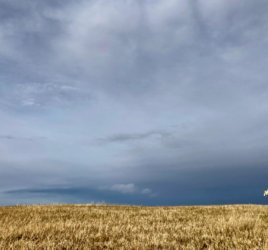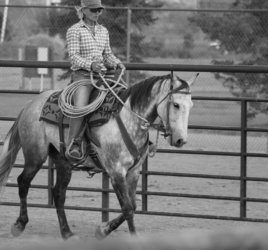Navigating Change
 A polynesian mariner navigates the ocean by the clouds, the stars and the sound of the water on the hull of the boat. A horseman pays attention to the ears of the horse to know what to offer next and a CEO assesses the environment to gain information on how to lead an organisation. The mariner and horseman have developed a keen awareness for their surroundings, basing their next move on feel and experience. If only the signals were as clear for the leader!
A polynesian mariner navigates the ocean by the clouds, the stars and the sound of the water on the hull of the boat. A horseman pays attention to the ears of the horse to know what to offer next and a CEO assesses the environment to gain information on how to lead an organisation. The mariner and horseman have developed a keen awareness for their surroundings, basing their next move on feel and experience. If only the signals were as clear for the leader!
In “Thoughts on Leadership Today…”. Laurie Maslak, Phd suggests “the Executive and Managers know all the right things to do, they have all been through extensive leadership development programs, but there’s little buy-in (to do the right things in practice)”. It does not appear to be a lack of good leaders, just a lot of good leaders doing bad things. Many offer a multitude of reasons for this: a persistent level of increased stress and growing workloads; working managers who don’t have anyone to delegate work to or continue to believe they can just do it faster; the economic and competitive market pressures; (and finally) the common complaint “there is no time to lead properly”
When people are overwhelmed a natural default is to focus on task versus strategy, a concept that NYTimes columnist, David Brook explored in his recent TedTalk. Brook offers that we have become very good at living by things we can measure such as tactics, skill and safety and not so great at talking about character, emotions and values. We are social animals so we reflect what is going on inside and outside of us but we can only manage what we recognise. He goes further to suggest that good decisions are emotionally based and that wisdom is a reflection of the unconscious mind and our ability to be sensitive, sympathetic and empathetic.
Just as Maslak observed, Brook believes we must get better at talking about what matters to us. We should feel as comfortable talking about love, passion and what inspires us as we do about spreadsheets, resources and markets. We look to those we admire for guidance because leadership “is a practice that requires vigilance, persistence and a constant awareness of self, others, and the environment. Leadership development is both an internal and an external process.”1
Like the mariner who listens to the water to recognise wave patterns or the horseman who spends years observing and working with horses to recognise how body language impacts the horse, leadership requires that we take a step back, spend time contemplating and look within. “Leadership, in its truest sense of the word, is both an internal and an external experience.”2 The rational part of our being sends us to courses, books and experts the imprecise art of leadership comes from within.
Just as the mariner was seeking safe passage for others, the horseman transforming a colt into a dependable riding horse. A leader must be aware of their emotional input and output in order for others to aspire to be their best.
1&2 – Excerpts from Thoughts on Leadership…Laurie Maslak PhD.
more on David Brooks TedTalk
Elizabeth Lindsey & The Ancestral voices of her past TedTalk



